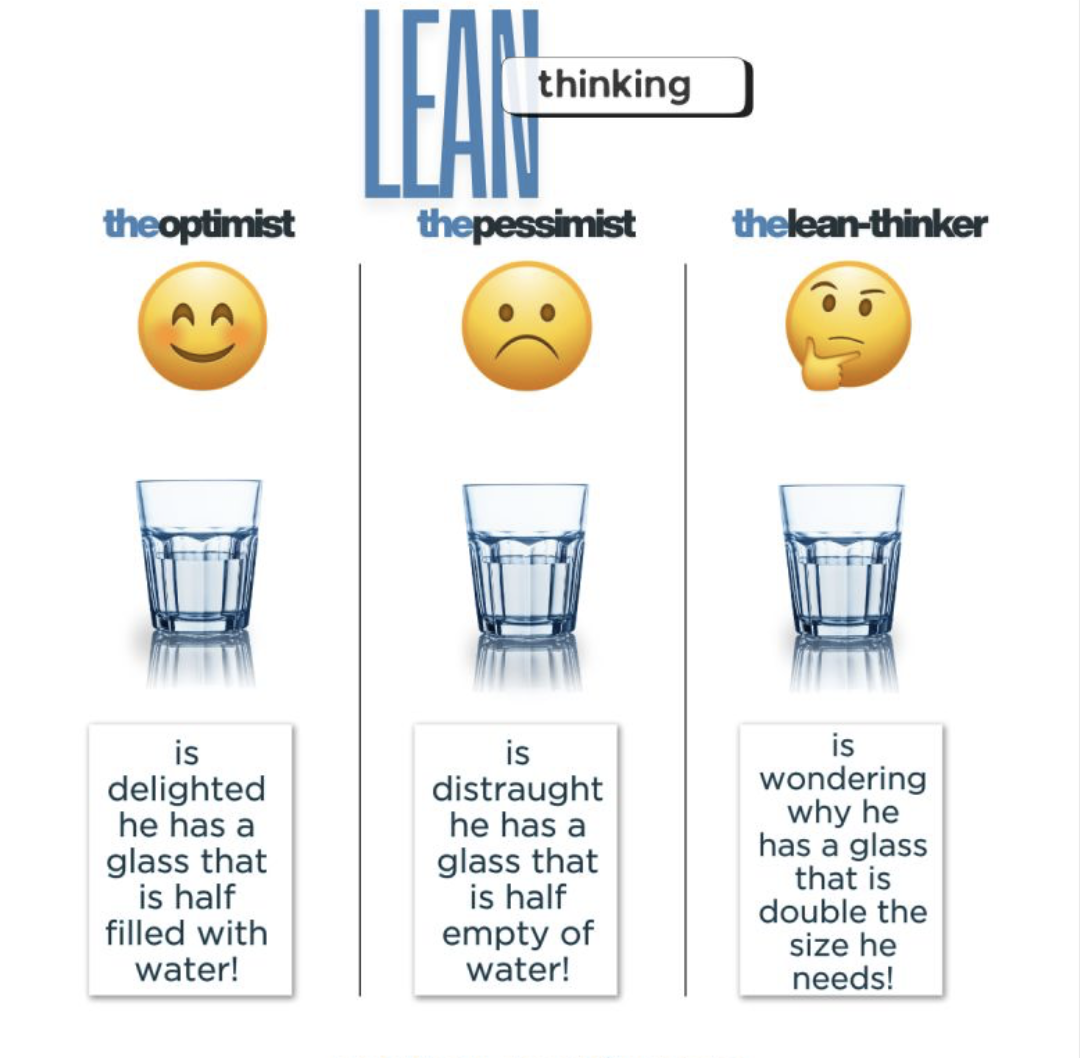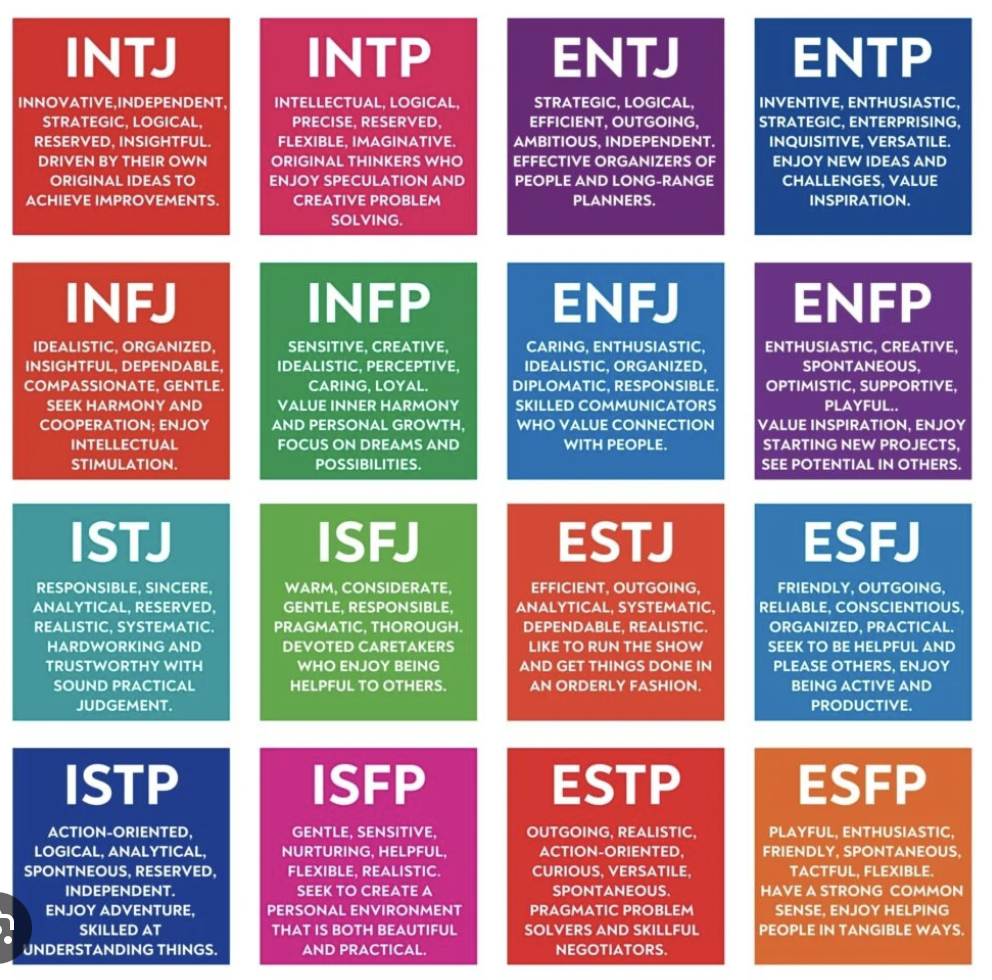
Embrace AI — But Know the Cautions
Artificial Intelligence isn’t on the horizon anymore — it’s already integrated into manufacturing, engineering, and business operations. From predictive maintenance to automated inspection and intelligent data analysis, AI is reshaping how organizations function. Those who embrace it intelligently will increase their competitive edge. Those who hesitate will spend the next decade trying to catch up. But here’s the truth: AI









